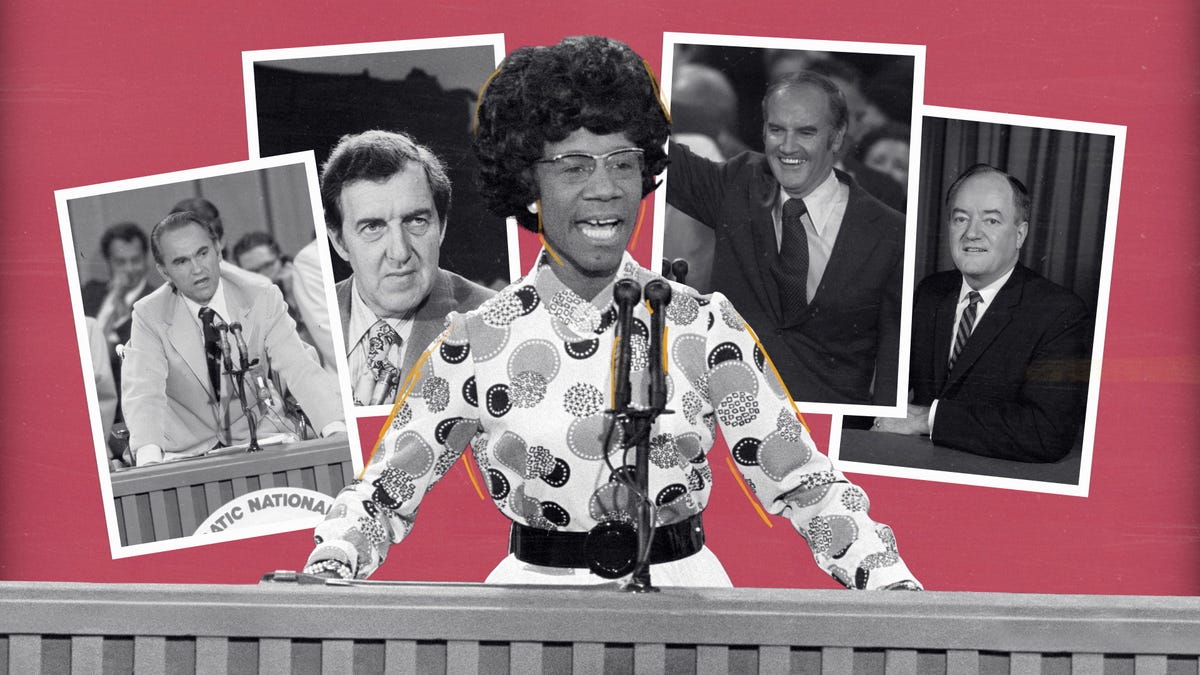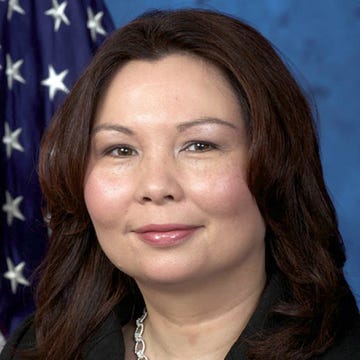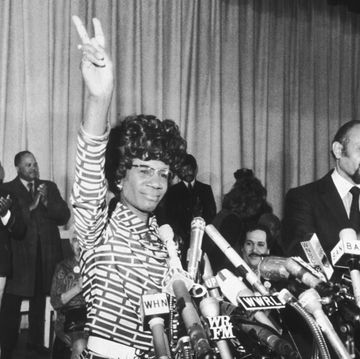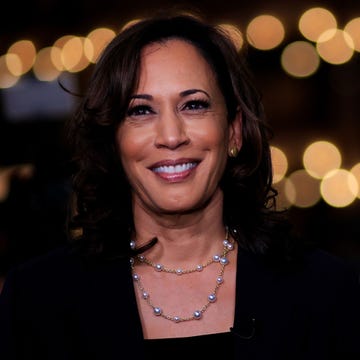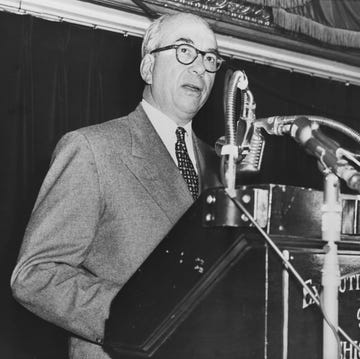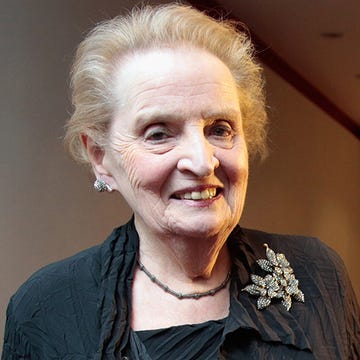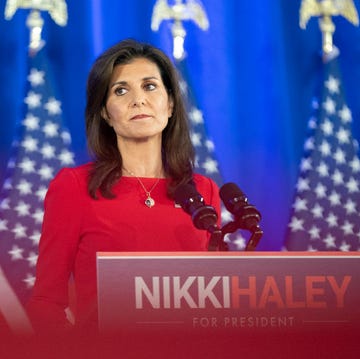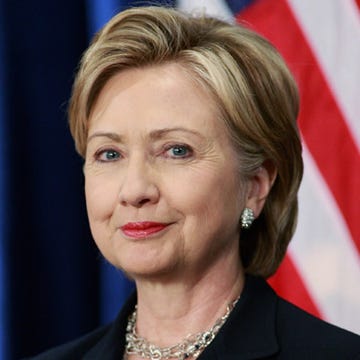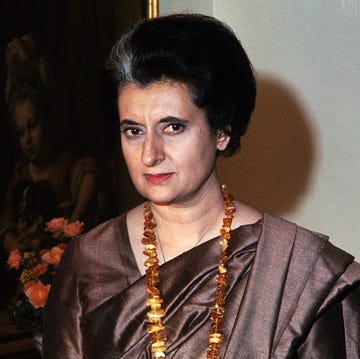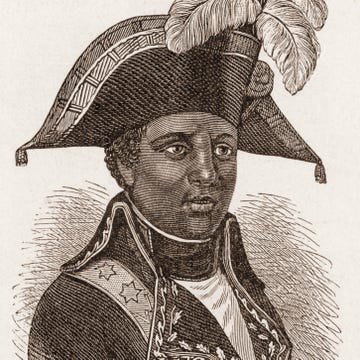Before Barack Obama, Kamala Harris, Hillary Clinton and others raised the bar for what Black and female politicians could accomplish in American politics, Shirley Chisholm shined a light on the unexplored path as both the first Black congresswoman and first Black woman to embark on a major-party presidential campaign.
Born in Brooklyn in 1924, Chisholm spent a chunk of her formative years with a grandmother in Barbados, before returning to the Borough of Kings with the West Indian accent that remained for the rest of her life. She spent her early career in the areas of childcare and education, but her days as a college debate champion showcased her rhetorical talents and assertiveness, and by the 1950s, she was using both to elbow her way into the multicultural but male-dominated arena of New York City politics.
After four years on the New York State Assembly, Chisholm defeated James Farmer, co-founder of the Congress of Racial Equality, for a seat in the U.S. House of Representatives in 1968. Her colleagues soon learned there would be no overlooking the diminutive but determined Brooklynite, who immediately objected to her appointment to the House Agricultural Committee, and blasted the government's prioritization of defense spending in her first floor speech.
" tml-embed-width="100%" tml-embed-height="380" tml-render-layout="inline">But Chisholm saved her biggest moments on the national stage for 1972, when she formally launched her bid for the Democratic presidential nomination. Riding the slogan of "Unbought and Unbossed," she drew attention to what the press called a "quixotic" campaign through impassioned speeches that highlighted her experiences as a voice of the people.
Although she was scorned by influential Black leaders who resented her intrusion into the line, Chisholm did make an unlikely fan in segregationist George Wallace, who received a hospital visit from his fellow Democratic candidate after an attempt on his life that May and she held a respectable 152 delegates by the time the nomination went to George McGovern at the July 1972 Democratic Convention.
READ MORE: Shirley Chisholm's Historic Run for President
Chisholm spent another decade in the House, where she co-founded the Congressional Black Caucus and the National Women's Political Caucus, before returning to education as a college professor, and winding down her days as a public speaker. While she fell short of reaching the Oval Office, she made a major impact on American politics with both her successes and failures, her always-pointed commentary along the way providing insight into her viewpoint as an unapologetic trailblazer.
On her intention to make history: "I'm here to tell you tonight, yes, I dare to say I'm going to run for the presidency. ... Regardless of the outcome, they will have to remember that a little hundred-pound woman, Shirley Chisholm, shook things up."
On the silver lining of her unsuccessful presidential campaign: "The next time a woman of whatever color, or a dark-skinned person of whatever sex aspires to be president, the way should be a little smoother because I helped pave it."
On how to make one's presence felt: "If they don’t give you a seat at the table, bring a folding chair."
On the importance of focusing on domestic issues: "Unless we start to fight and defeat the enemies in our own country, poverty and racism, and make our talk of equality and opportunity ring true, we are exposed in the eyes of the world as hypocrites when we talk about making people free."
On her motivation: "I ran for the presidency, despite hopeless odds, to demonstrate the sheer will and refusal to accept the status quo."
On her lack of a need for confirmation: "I'm looking for no man walking this earth for approval of what I'm doing."
On her legacy: "I'd like them to say Shirley Chisholm had guts. That's how I'd like to be remembered."
On the influence of her grandmother: "Granny gave me strength, dignity and love. I learned from an early age that I was somebody. I didn't need the Black revolution to teach me that."
On her controversial hospital visit to Wallace: "He said, 'What are your people going to say?' I said: 'I know what they're going to say. But I wouldn't want what happened to you to happen to anyone.'"
On her selection to the House Agricultural Committee: "Apparently all they know here in Washington about Brooklyn is that a tree grew there."

